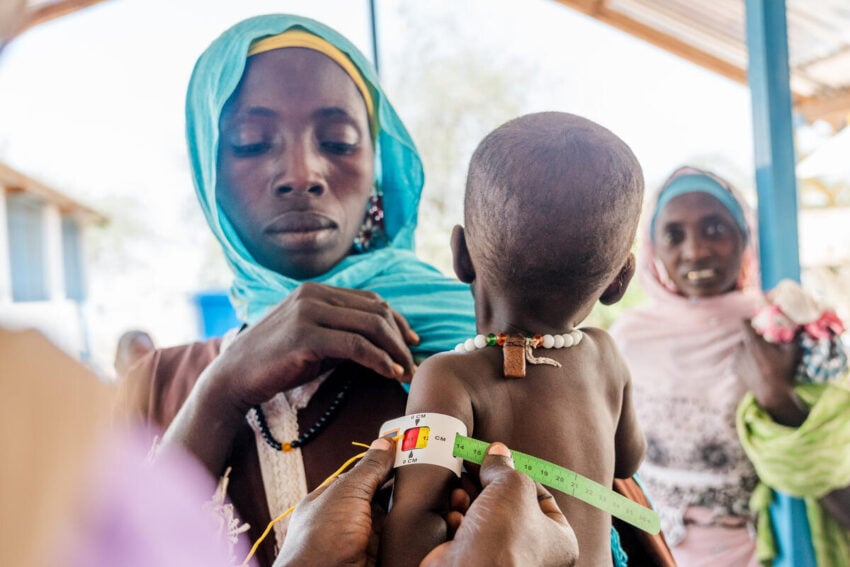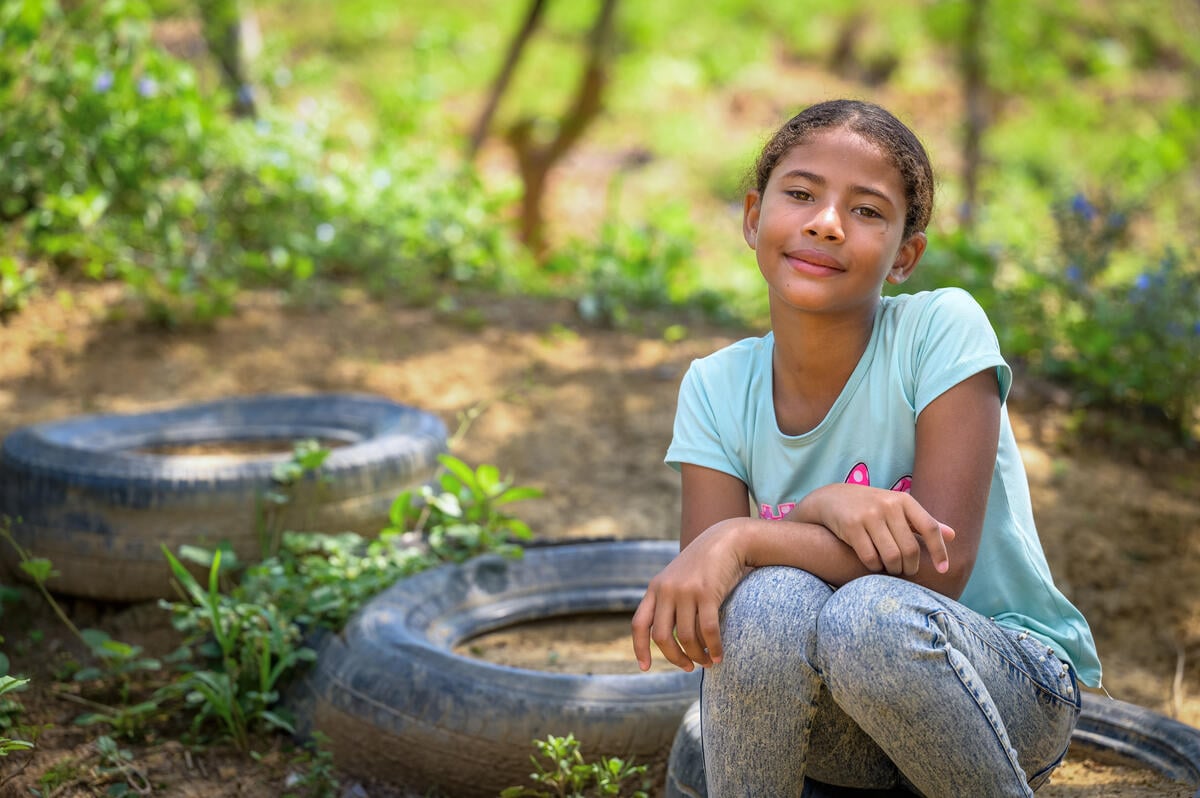## Level Up Humanity: Saving Lives in Africa’s Hunger Crisis
In the digital worlds we conquer daily, resources are plentiful, victories are hard-earned, and challenges are met with strategy and skill. But what about the real world? Right now, millions of people across Africa are facing a devastating hunger crisis, battling not for virtual glory, but for survival.

This isn’t a game with checkpoints and respawns. This is a fight for basic human needs – food, water, and safety.
At Gamestanza, we believe in using our platform to make a real difference. That’s why we’re partnering with World Vision to shed light on this crisis, answer your burning questions, and empower you to become a hero in the fight against hunger. Get ready to level up your compassion and join us as we explore the facts, FAQs, and most importantly, how you can help.Economic Instability

Economic instability plays a significant role in exacerbating the hunger crisis in Africa. Poverty, limited access to markets, and the impact of global economic shocks create a perfect storm that undermines food security.
Many households in Africa operate on the margins, struggling to meet basic needs. When economic downturns occur, these families are particularly vulnerable, as their ability to purchase food is severely diminished.
Furthermore, limited access to markets restricts farmers’ ability to sell their produce and generate income. This can lead to surplus food spoilage and a lack of financial resources to invest in agricultural improvements.
Global economic shocks, such as fluctuating commodity prices and trade disruptions, also heavily impact African economies. These shocks can lead to currency devaluation, reduced export earnings, and increased import costs, further straining food affordability and availability.
The Faces of Hunger: Women and Children
A Vulnerable Generation
Women and children bear the brunt of the hunger crisis in Africa. They are disproportionately affected by malnutrition, displacement, and increased risks of exploitation.
Young children are particularly vulnerable because their bodies are still developing and require adequate nutrition for growth and cognitive development. Malnutrition can lead to stunting, wasting, and increased susceptibility to disease.
Women, especially pregnant and lactating mothers, also face heightened risks. Malnutrition can weaken their immune systems, increase the likelihood of complications during pregnancy and childbirth, and negatively impact the health of their infants.
Breaking the Cycle
The long-term consequences of childhood hunger are devastating. It can lead to irreversible physical and cognitive impairments, limiting educational opportunities and future earning potential.
Moreover, hunger perpetuates a cycle of poverty. Malnourished children are more likely to drop out of school, miss work, and have lower productivity as adults. This can trap families in a cycle of poverty for generations.
Empowering Communities
Despite the challenges, women and girls in Africa demonstrate remarkable resilience. They play a vital role in food production, household management, and community well-being.
Empowering women through access to education, economic opportunities, and healthcare is crucial to breaking the cycle of hunger. When women are empowered, they can contribute more effectively to their families’ and communities’ food security.
A Call to Action: How to Make a Difference
Empowering Individuals
Every individual can contribute to alleviating the hunger crisis in Africa. There are numerous ways to make a difference, from donating to reputable organizations to raising awareness within your own community.
- Donate to Organizations: Organizations like World Vision are on the frontlines, providing food aid, supporting agricultural initiatives, and promoting sustainable solutions. Your financial contributions can directly impact the lives of those affected by hunger.
- Volunteer Your Time: Offer your skills and time to support local food banks, soup kitchens, or organizations working to address hunger in your community.
- Advocate for Change: Contact your elected officials and urge them to support policies that promote global food security and address the root causes of hunger.
Raising Awareness
Sharing information about the hunger crisis with friends, family, and social networks is essential to raising awareness and mobilizing support.
Educate yourself about the complexities of the crisis, including the underlying causes and the impact on women and children.
Use social media platforms to amplify the voices of those affected by hunger and advocate for solutions.
Advocating for Change
Addressing the root causes of hunger requires systemic change.
Support policies that promote sustainable agriculture, invest in rural development, and address climate change, which disproportionately impacts food security in Africa.
Advocate for fair trade practices and policies that ensure equitable access to markets and resources for African farmers.
Conclusion
The hunger crisis gripping Africa is a complex and devastating issue, with roots in conflict, climate change, and economic instability. We’ve explored the stark realities of this crisis, highlighting the staggering numbers of people facing food insecurity and the devastating impact on families and communities. From widespread malnutrition to the displacement of millions, the consequences are far-reaching and deeply concerning.
This isn’t just a statistic; it’s a human tragedy unfolding before our eyes. The future implications are stark: continued hunger breeds instability, hinders development, and perpetuates a cycle of poverty. It’s a call to action that demands our attention and compels us to seek solutions. While the challenges are immense, there is hope. By supporting organizations like World Vision, who are tirelessly working to provide food, clean water, and essential aid to those in need, we can contribute to a brighter future for Africa.
Every contribution, no matter how small, can make a difference. Imagine a future where the specter of hunger no longer looms large over Africa. Let’s not just witness this crisis; let’s be the generation that turns the tide and helps build a world where every child has access to the basic necessities of life. The time for action is now.